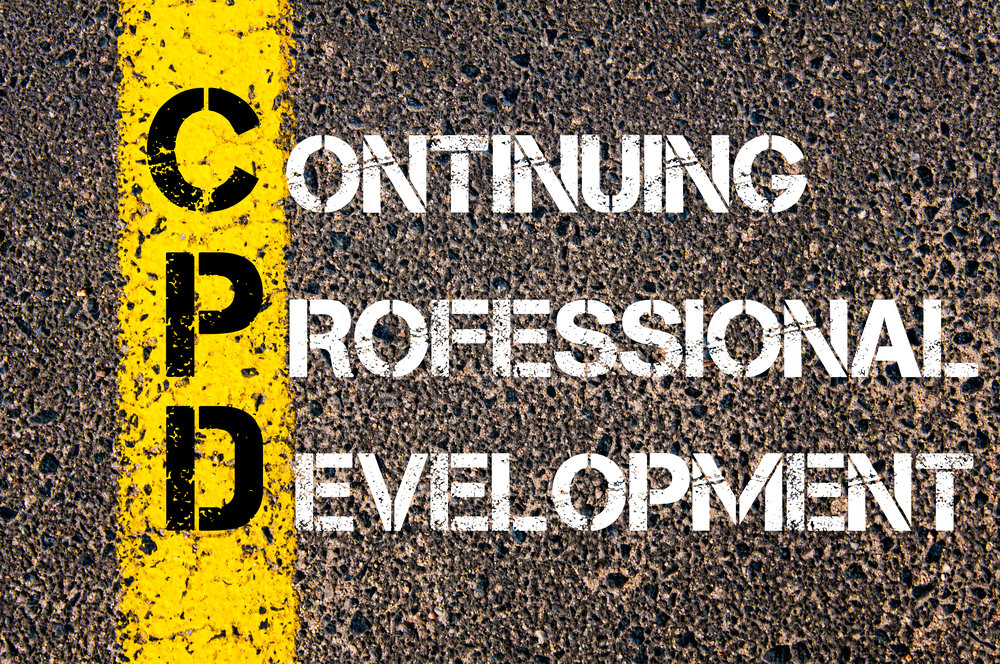Okay, so I know all about the dangers of international cherry-picking but that doesn’t mean we can’t do it.
We should definitely be looking at what is working elsewhere. This might be peeking into the school next door or it might be looking at classrooms thousands of miles away.
When it comes to classroom observation then we can certainly learn from each other. Unfortunately, observational culture in English classrooms has been drenched in fear because of bonkers accountability and so teachers prefer the door closed. The impact of performance observations on practice, professionalism and teacher identity has been profound.
But when it comes to the business of learning, that door should be left open without anxiety.
In China things are nothing like our misshapen system as lesson observations there actually promote teacher self-efficacy. It’s an expectation in China that teachers will regularly observe each other in order to develop their skills and better themselves.
The idea of an observation is to take on the role of a non-judgemental learner not a clipboard tutter and head-shaker.
It’s remarkable to learn that in China teachers are expected to see each other teach at least 10 times a year….at least! After five years, teachers are expected to have observed 360 lessons – can you imagine that in our own schools? How many lessons have you observed in the last five years? A handful perhaps?
Classroom observation is about promoting and fostering study and discussion not grades and appraisal targets. This is true continuous professional development as it is part and parcel of being a better and more effective teacher.
It might be the case that in any one lesson, four colleagues will be observing a colleague teaching so they can then later discuss techniques used. Would you feel comfortable being that teacher? We need to make it the norm that being observed isn’t a bad thing, it’s essential for school improvement and individual growth.
Teaching without fear and with an open door means giving public and demonstration lessons so that observers, including parents, can see the quality of education you are offering.
When undertaken responsibly and in a supportive way then observations can be one of the best ways to improve practice.
